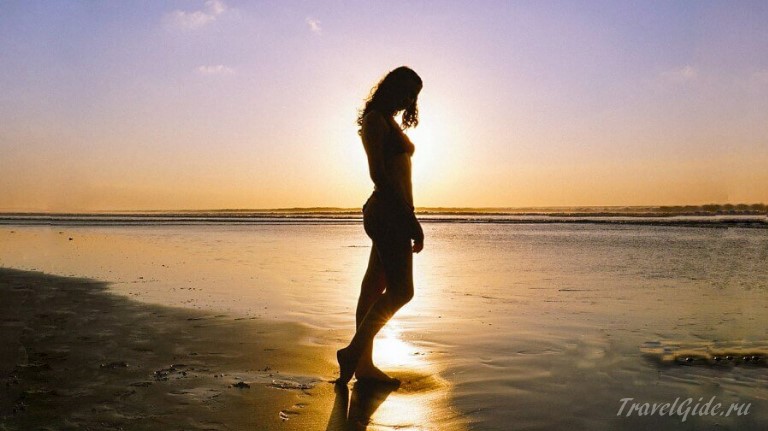
Eight rules of solo travel
ATRemember how often you respond to an offer of intermediary services: “Thank you, me or myself?” If yes, then you are behaving like an extremely independent person. A feature of the psychology of such people is downright manic independence. This also applies to travel. For an extremely independent person, the upcoming trip is not so much a vacation as an entertaining adventure, the success of which lies entirely on his shoulders.
The meaning of independent tourism or it doesn’t matter “whether Vasya was here”
The meaning of such an “enterprise” is in isolation from everything known and everyday and meeting with the new and unexpected. The task is not an easy one. After all, even in the most hidden corners of the earth, you can always run into a Toyota or find a rock inscription "Vasya was here."
But this does not discourage an independent tourist - self-tour. Even if everything around is already mastered and open, the savage finds his own way, getting rid of all sorts of intermediaries. He makes his main testament "No, thank you" - "Thank you, no need" and thus avoids clues and looking at the world through the eyes of others. So it turns out that everything is like the first time for a self-tour.

Such a traveler embarks on a journey, not knowing exactly where he will be tomorrow, sometimes even without return tickets. But that doesn't mean he doesn't know where he's going. His "enterprise" consists not only of an adventure - it is preceded by a period of careful preparation. Samotur learns international English.
First, he masters the most necessary constructions, phrases and "words". The guides and companions of the savage will be the natives, who, perhaps, do not speak English better themselves, but mutual understanding arises on the basis of the exchange of vocabulary and the enrichment of each other's colloquial baggage.
Samotur respects books, especially those from which you can get information about the history and culture of the destination country, because he is a geographer and country expert. He will know everything about the place where he is going to go.
Before embarking on a journey, he develops an approximate route that combines all the places and corners of interest to him. He does this with the help of Guidebooks - guides, guides, and often uses not even one, but several to find "his own way." Or by finding out information on the forums.
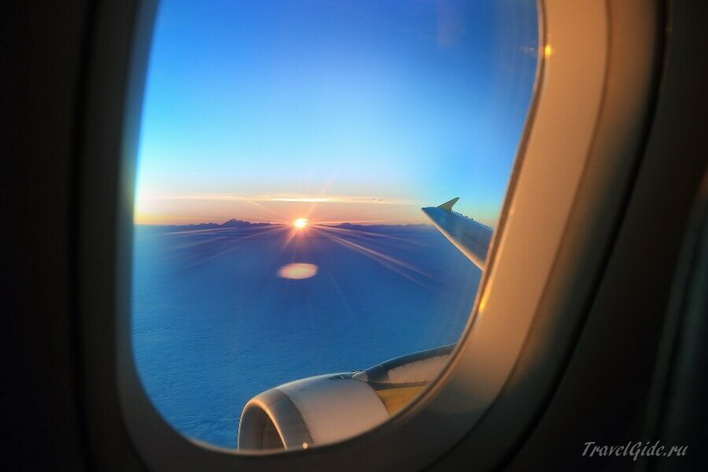
Naturally, the self-tour personally draws up documents and buys tickets. If you can’t get a visa just like that in the country where he is going, and he doesn’t have friends who could send an invitation there, he, as an exception, turns to a travel agency.
In other cases, he either fills out questionnaires at the embassy of the country of destination on a general basis, or, in the order of the general queue, receives an entry permit (stamp in the passport) upon arrival at the place.
Depending on the intended route and distances, the self-tour estimates how much time it needs. There are independent travelers who have nowhere to hurry, and they go on a journey for several months.

This is not a frequent occurrence, but still they need more time for a voyage than an organized tourist: an inquisitive self-tour turns out to be too busy routes. At the same time, I want to “be imbued” with the atmosphere of a new place and not rush at a gallop, but this is not often possible.
Self-tour gallops on anything, without neglecting any of the modes of transport. In order to save money and out of a sense of solidarity, he often travels by regular transport, along with the natives: by bus or train. However, in some places you have to take a car - with or without a driver.
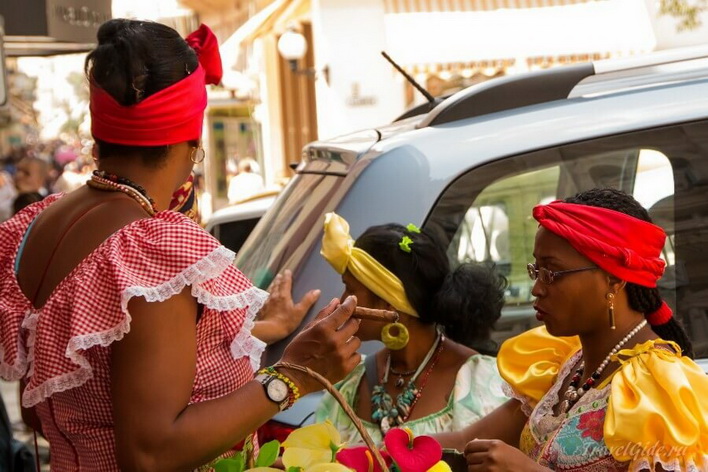
If the self-tour has an international driving license, it steers on its own. Some of them prefer motorcycles or even bicycles, unless, of course, the road is very long. Hitchhiking is also practiced, which is convenient in some regions (in Europe, for example). And in some there is nothing special to catch or it is not accepted (somewhere in the East).
Eight rules of the independent tourist
The independent tourist is in many ways a pioneer, so he develops rules that become popular for all tourists and learns habits that are useful for everyone. Here are some of them:
- Always take a sarong with you on a trip - a piece of cloth, a kind of long loincloth. It is suitable for all cases of a long journey: a sarong can be used to cover the legs - in temples and the head - from the scorching sun, use it as a towel, sheet, pillowcase, and also to collect fruits and shells (in the hem). It weighs nothing and takes up almost no space in luggage.
- In "wild" places, food should be peppered, garlic and poured with lemon juice to eliminate small infections and bacteria.
- For safety reasons, it is better for a lone traveler to have “family” photos and a wedding ring with her just in case, and in extreme cases, say that she is sick with you know what (who wants to check?).
- Traveling off-season has its perks. Firstly, it is cheaper, and secondly, there are fewer people, so that local residents are not hunted down by the influx of tourists from all over the world and are capable of open communication.
- You need to know the days and hours of operation of museums, galleries and various protected places. Otherwise, it may happen that you travel half the world in order to visit a particular place, and on that day it will be closed.
- In hot regions, it is quite possible to live in a hotel without air conditioning, you just need to take care of mosquito control means: a mosquito net, odorous ointment or sticks that create a smoke screen.
- It is advisable to take only the most necessary things with you. Only what you can easily carry yourself. It is better to choose non-staining and wrinkle-resistant clothes. A backpack is very convenient “for outings”, where you can put a hat from the sun, a bottle of drinking water and a camera.
- It is advisable to have souvenirs with you to facilitate the first contact and goodies for local children, from whom, by the way, sometimes you can get more interesting and useful information than from adults.
Yes, yes, of course, this is only a small part of the rules, principles and foundations of independent travel, but still. Complement!
The unpredictability of self-tour and its proximity to the "people"
Self-tour is unpredictable. In general, he is guided by the intended route, but can change it if desired or necessary. For example, “hanging out” at some colorful holiday or accepting an offer to stay with new local friends. Or, finally, just falling head over heels in love.
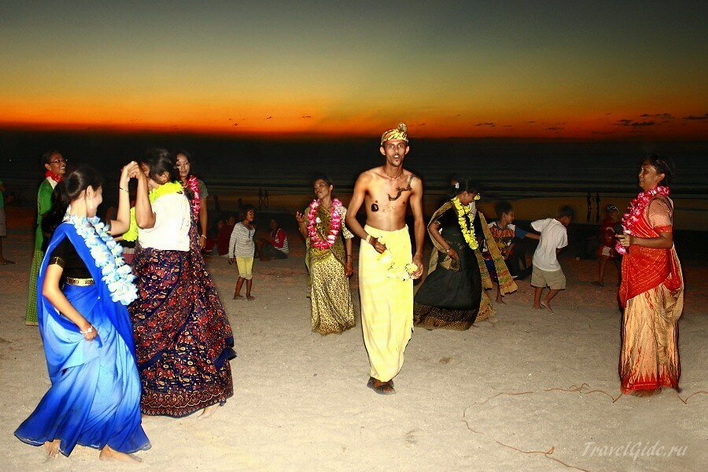
Therefore, hotels are never booked in advance, except in cases where the presence in a given place at a given time is fundamentally important for self-tour. He can, for example, travel half the world in order to attend some ceremony that takes place once every hundred years in a unique temple on a distant tropical island.
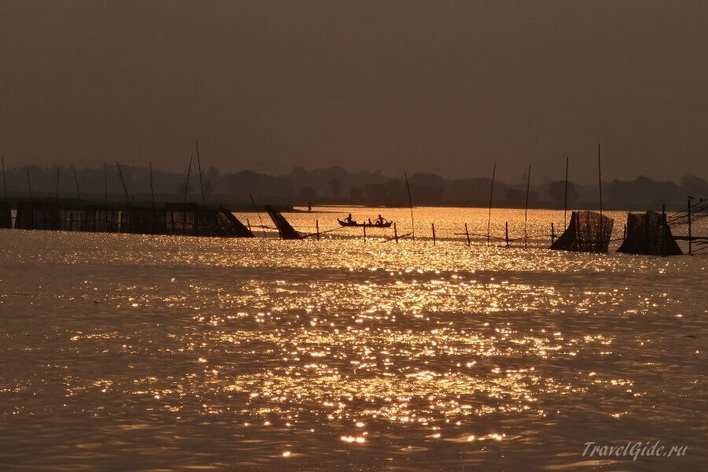
When traveling, self-tour prefers "proximity to the people." He eats in local restaurants and prefers local cuisine (you must try everything), he makes purchases in markets and shops for the local population, where everything is sold the same as in souvenir tourist shops, only the prices are different and there are no bright packaging, a taxi catches on the street, avoiding the services of the “hotel mafia”.
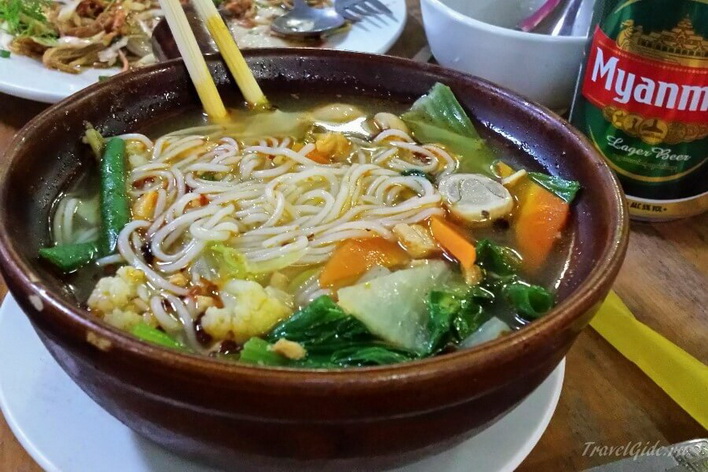
Ultimately, a self-tour behaves much more naturally than an organized tourist fenced in by guides, special buses, special prices and deadlines. He can afford to pick berries and mushrooms grown on the edge of the earth under the shadow of an ancient temple. Or learn some exotic craft along the way. And he brings home such a movie that you will never see in TV shows.
While group fares are lower than individual fares, self-guided tours can tell amazing stories about how solo travel can be much cheaper.
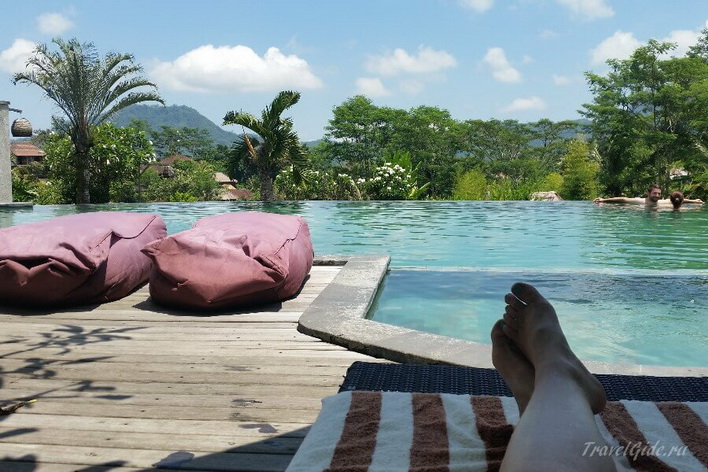
The trick is that, firstly, he does not pay for the services of intermediaries, and secondly (or rather, this is what it is in the first place), he is usually not prone to star disease and agrees to sacrifice comfort for the sake of ... but it already depends on specific features of human nature.
Can you classify yourself as an independent tourist, or do you still feel closer in terms of location to the “packagers”?


